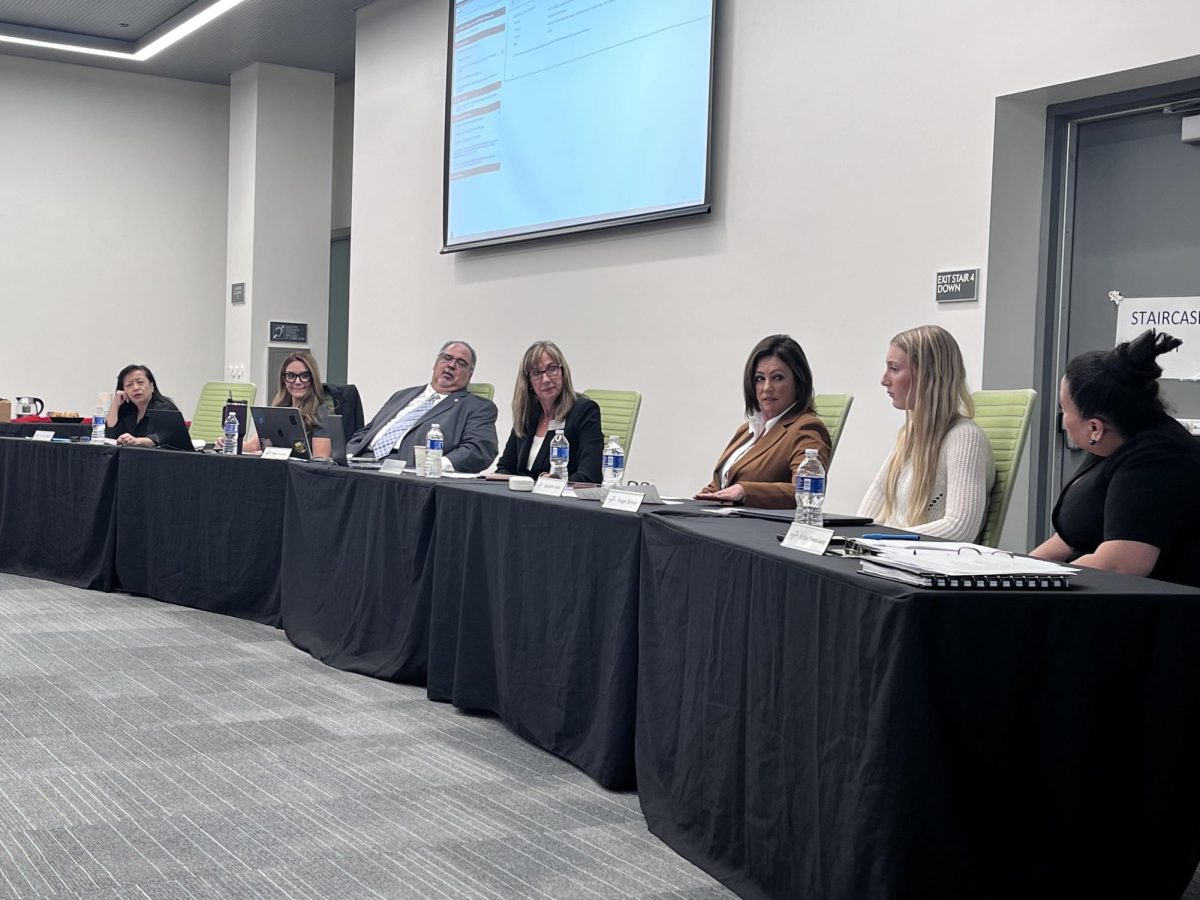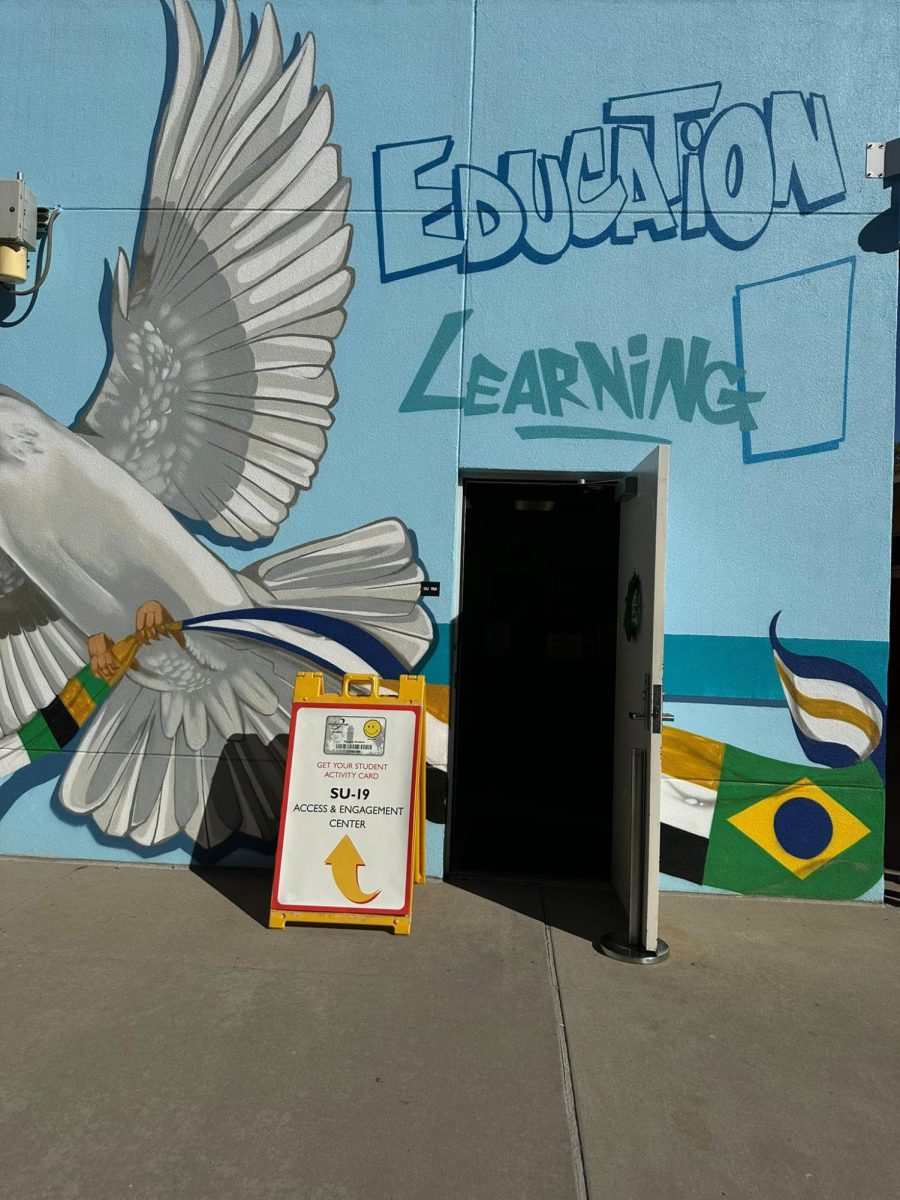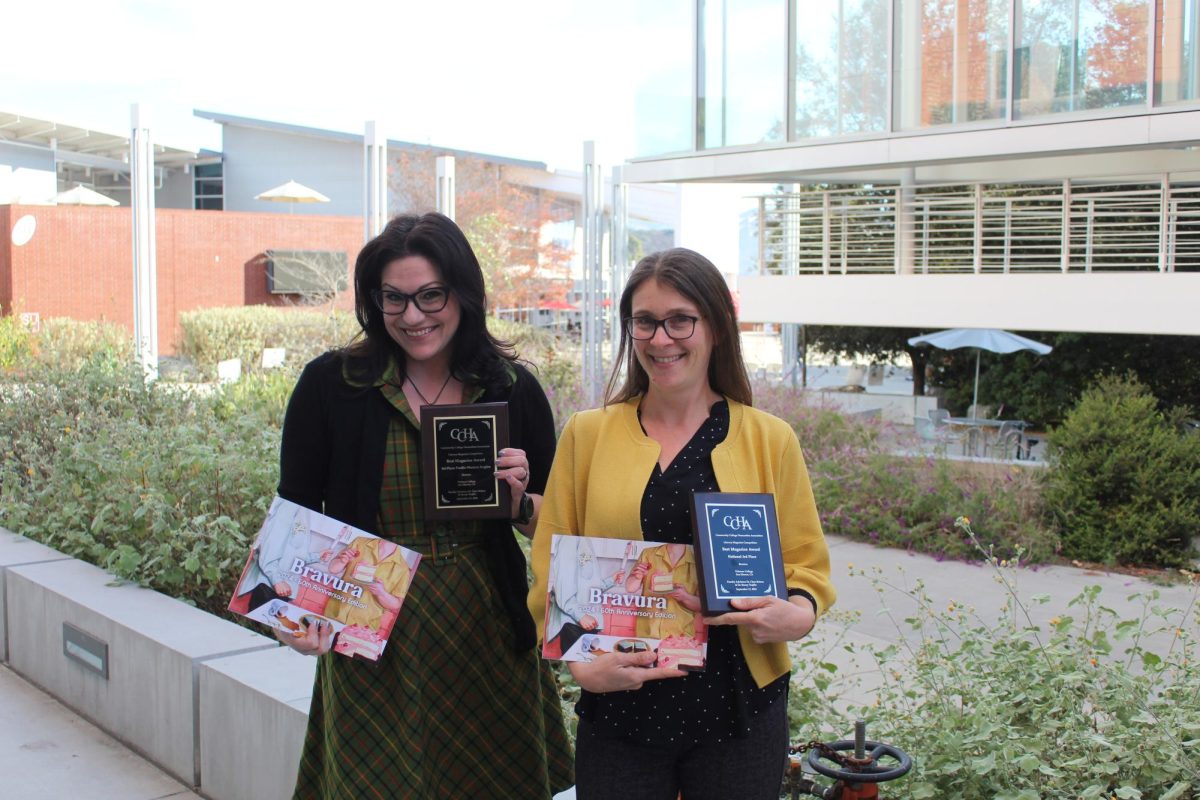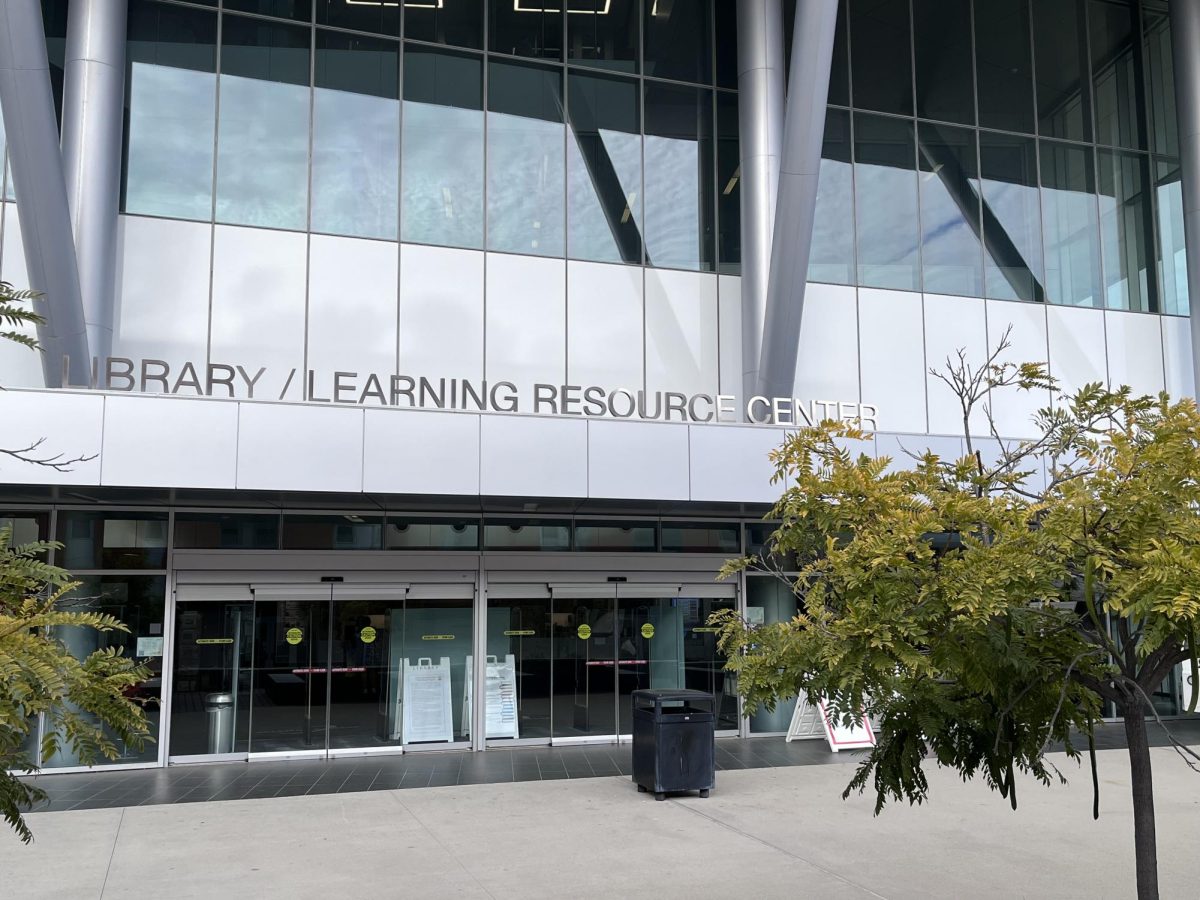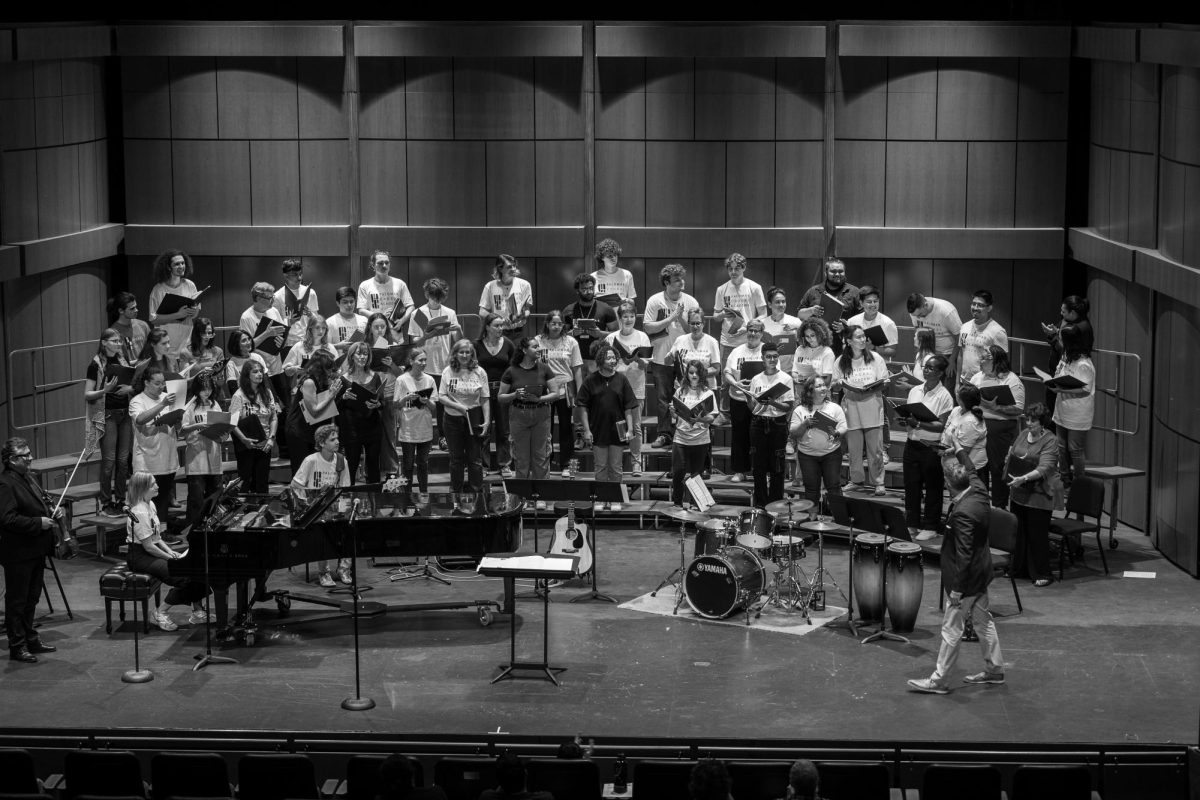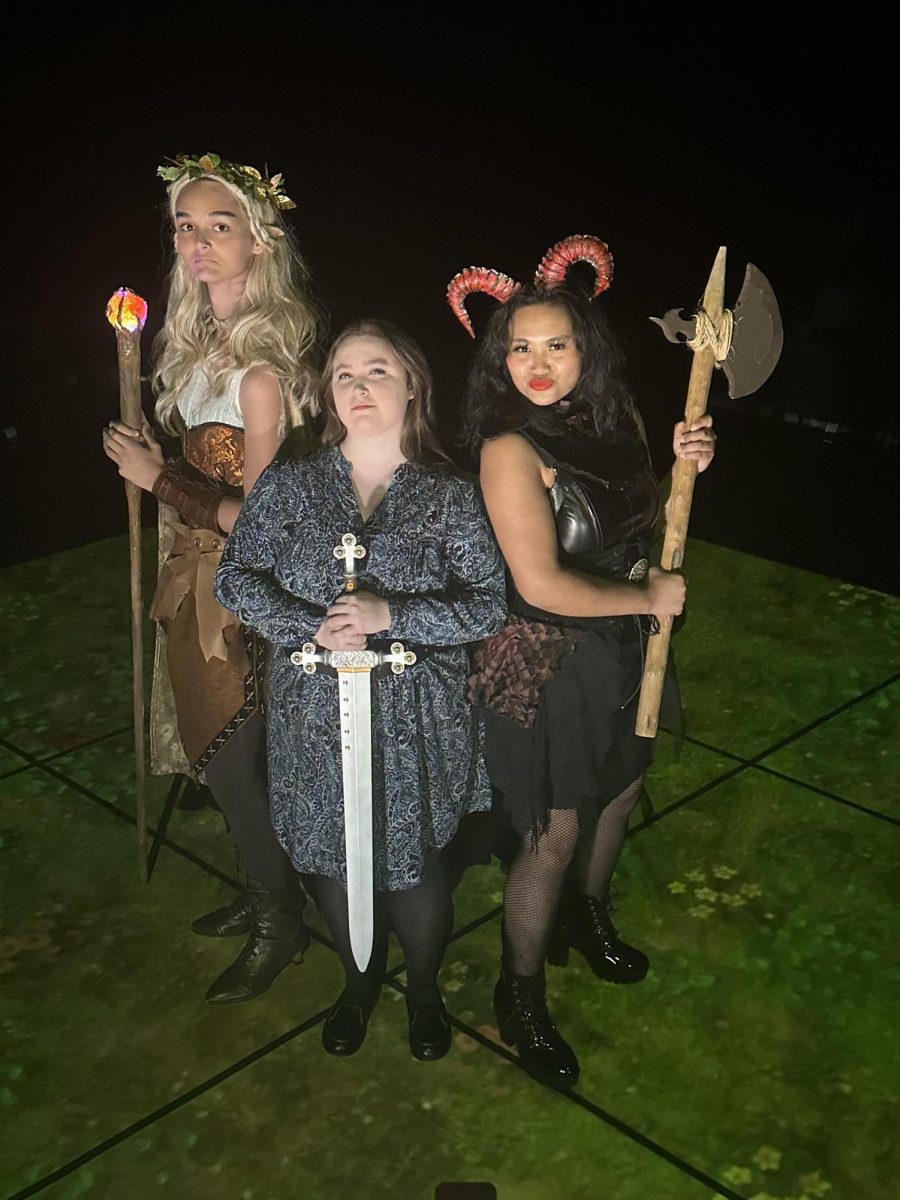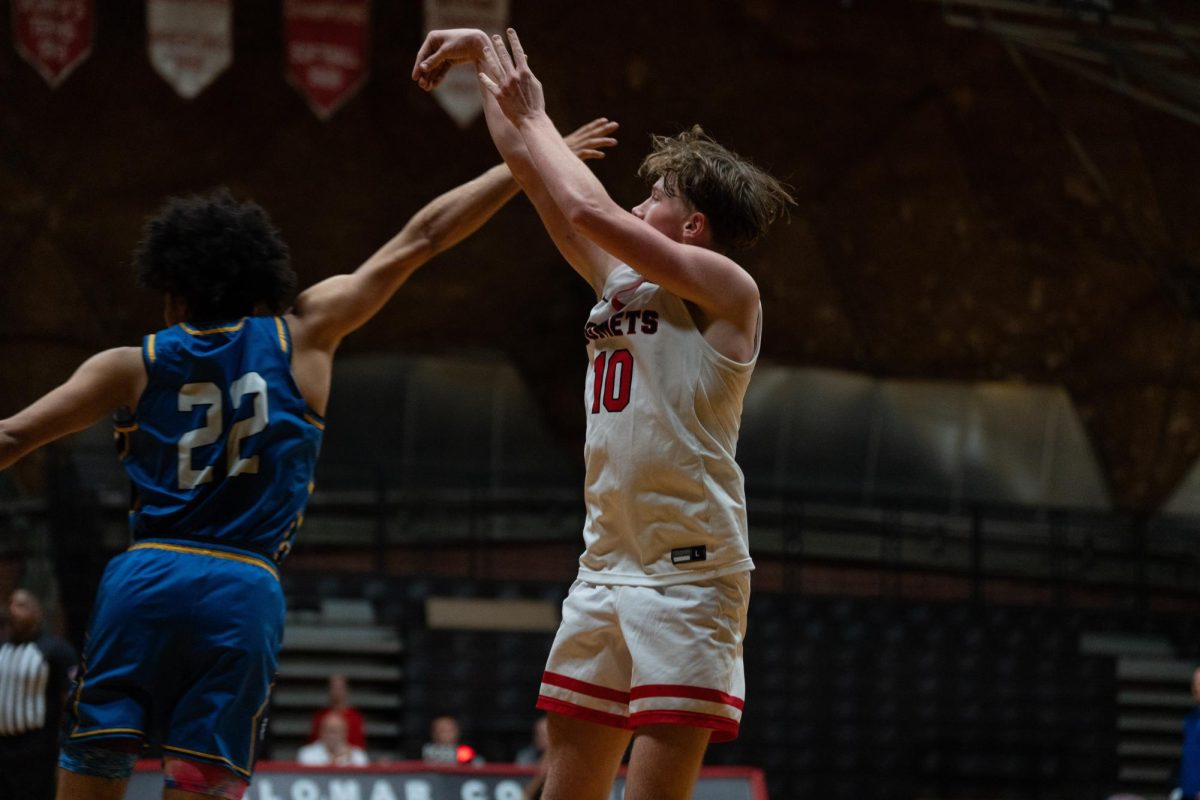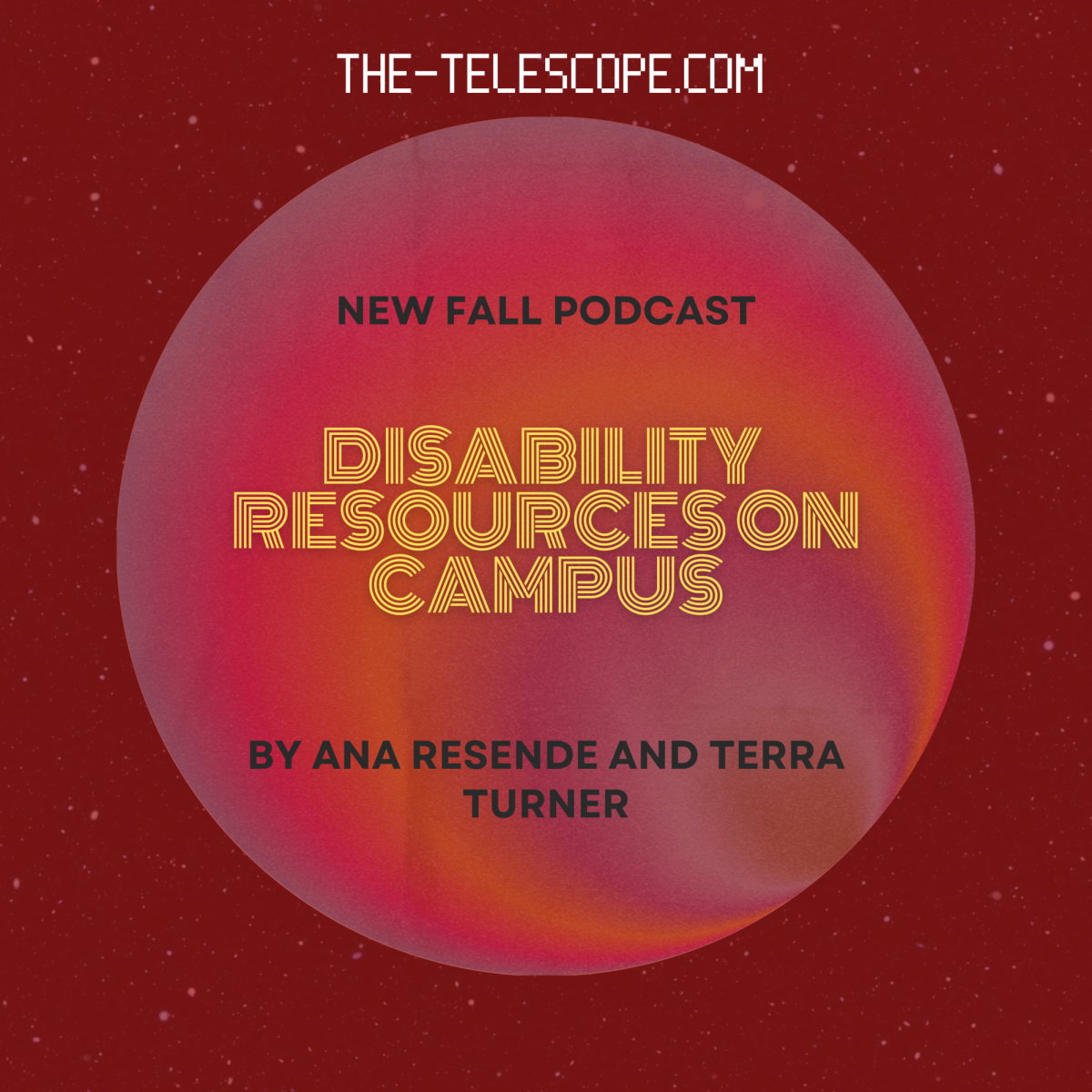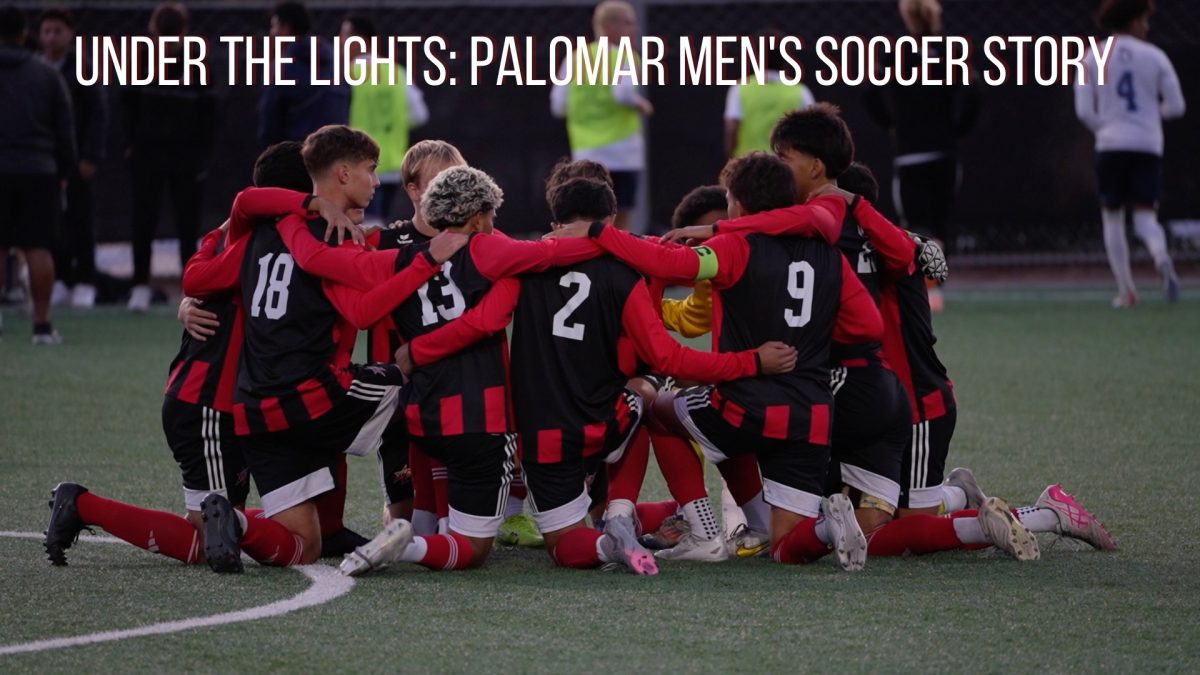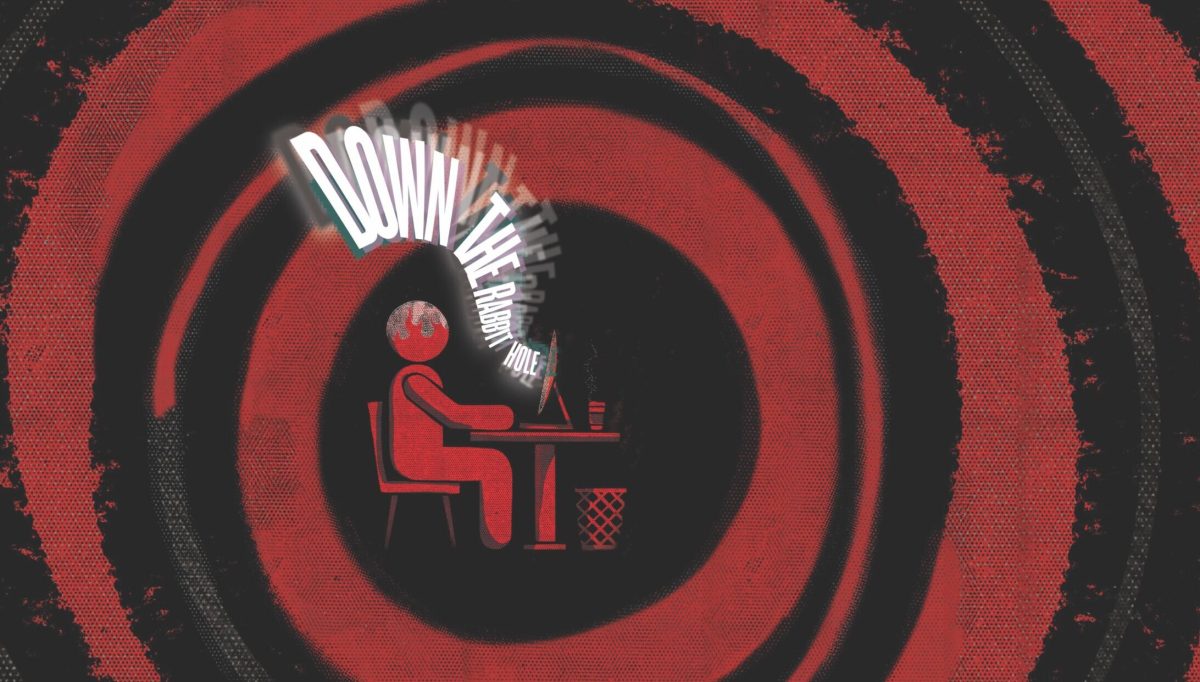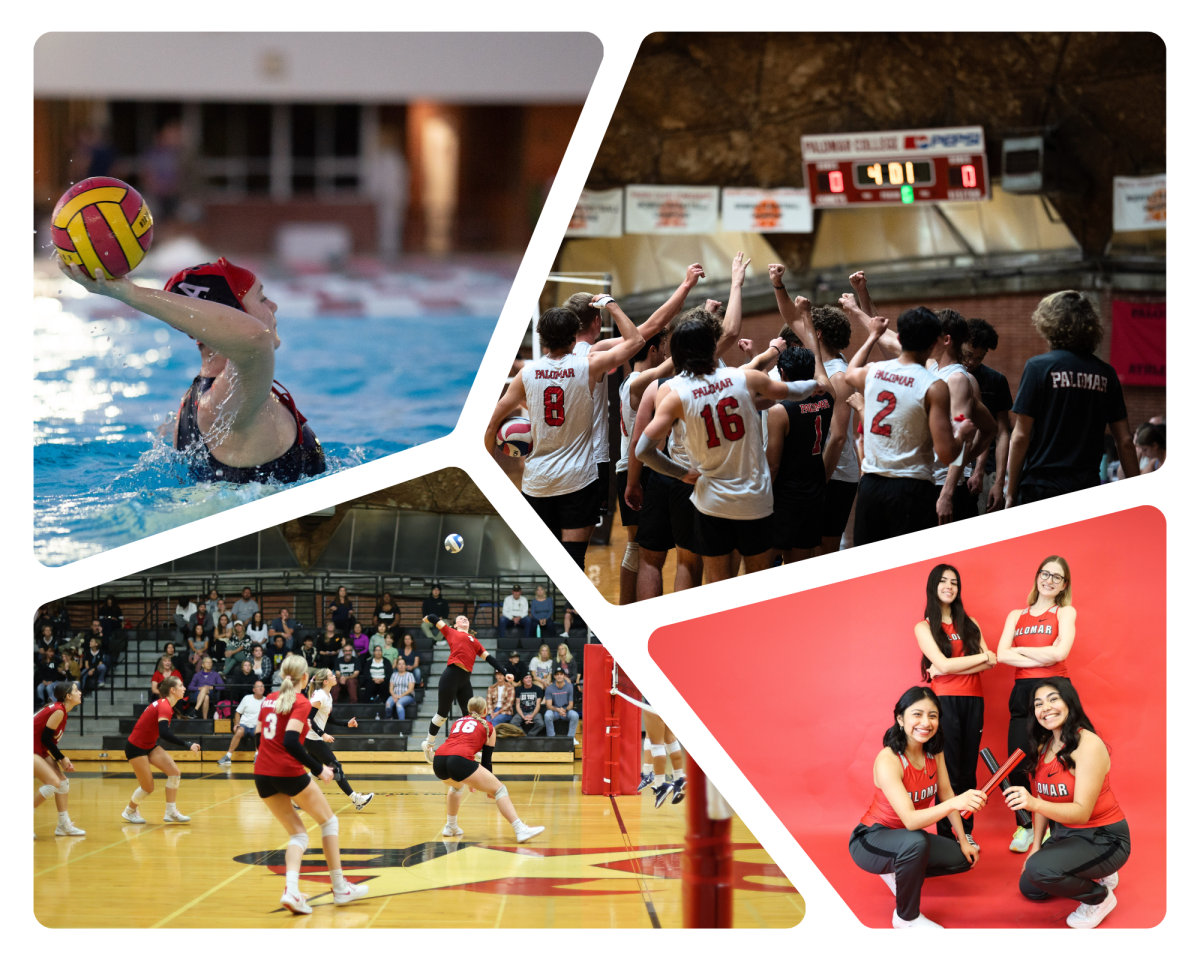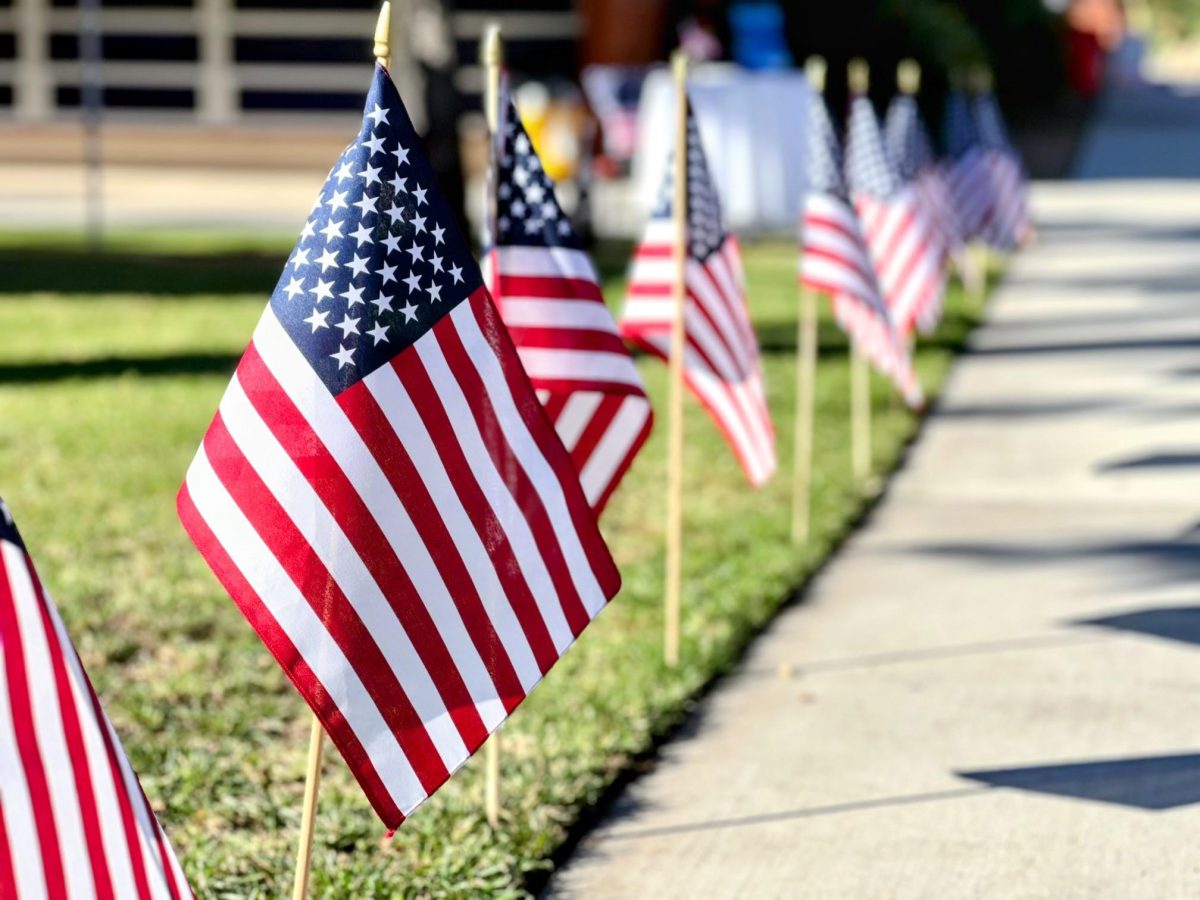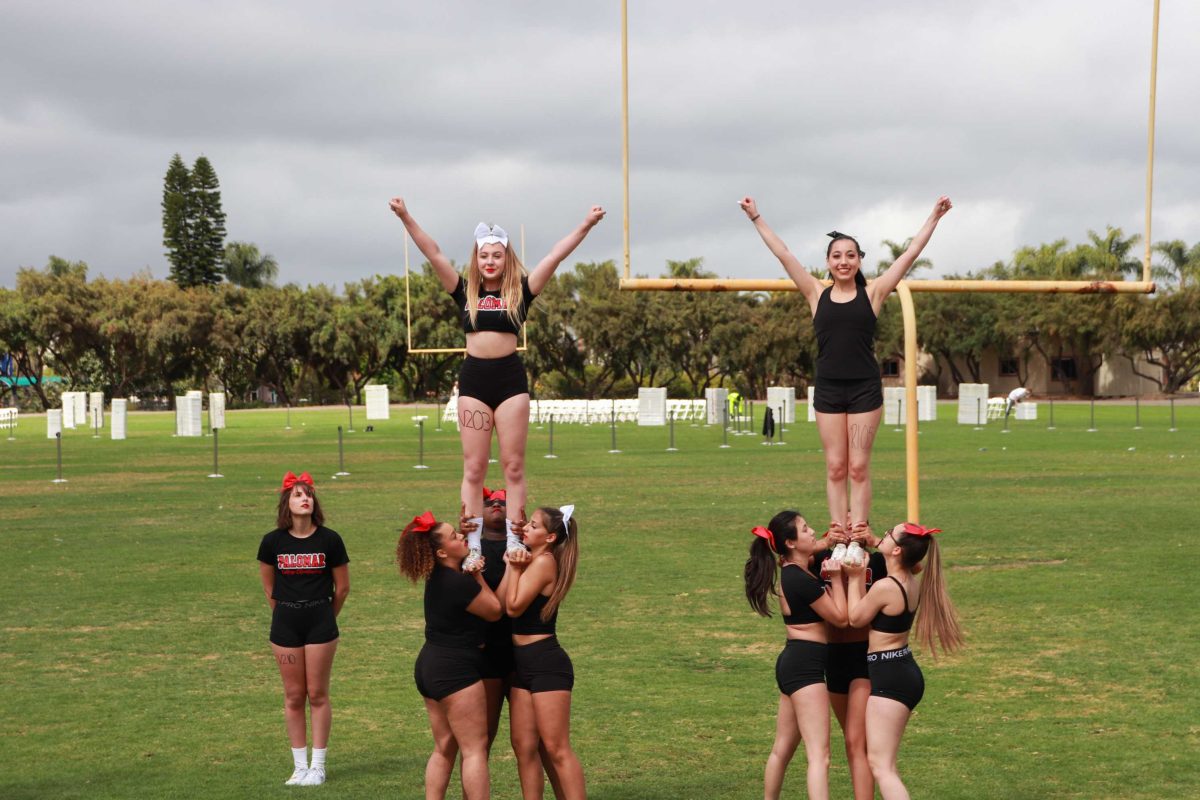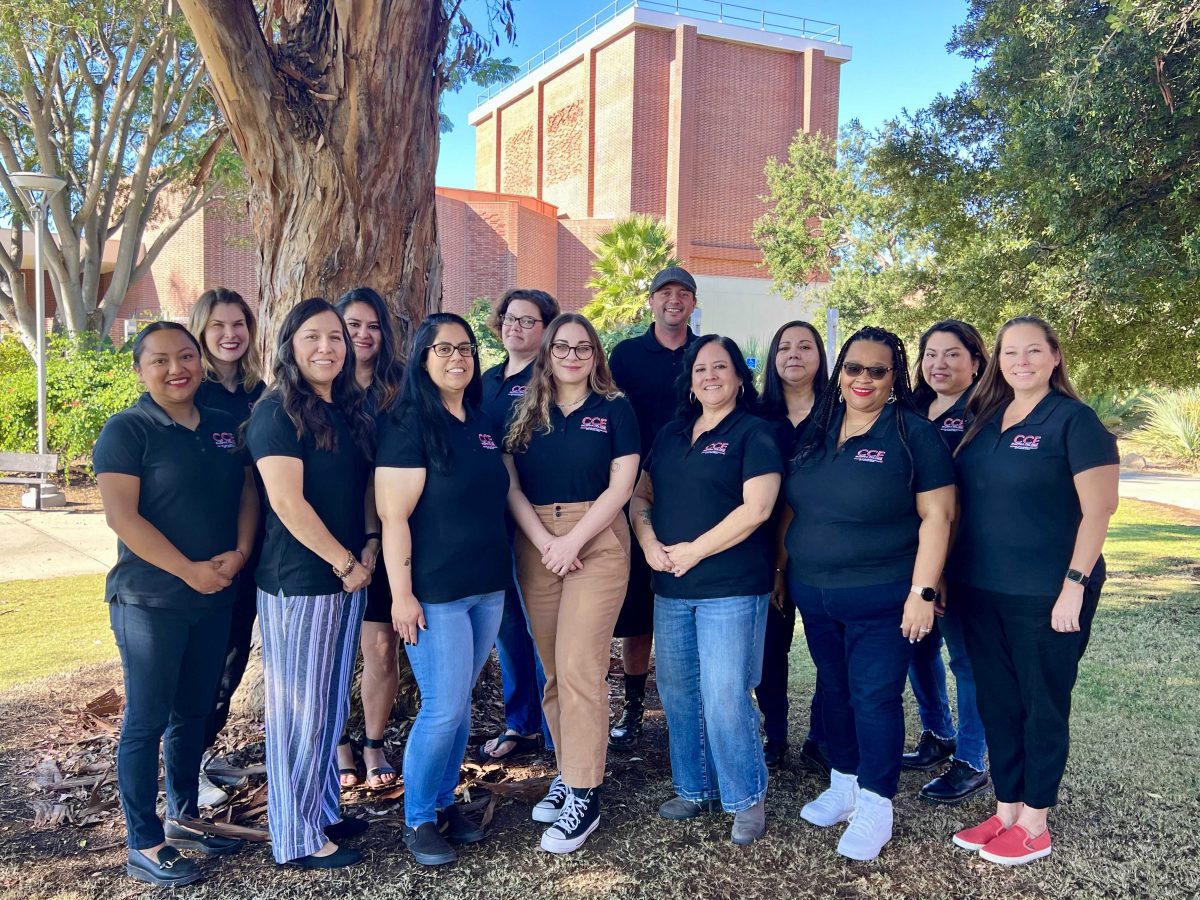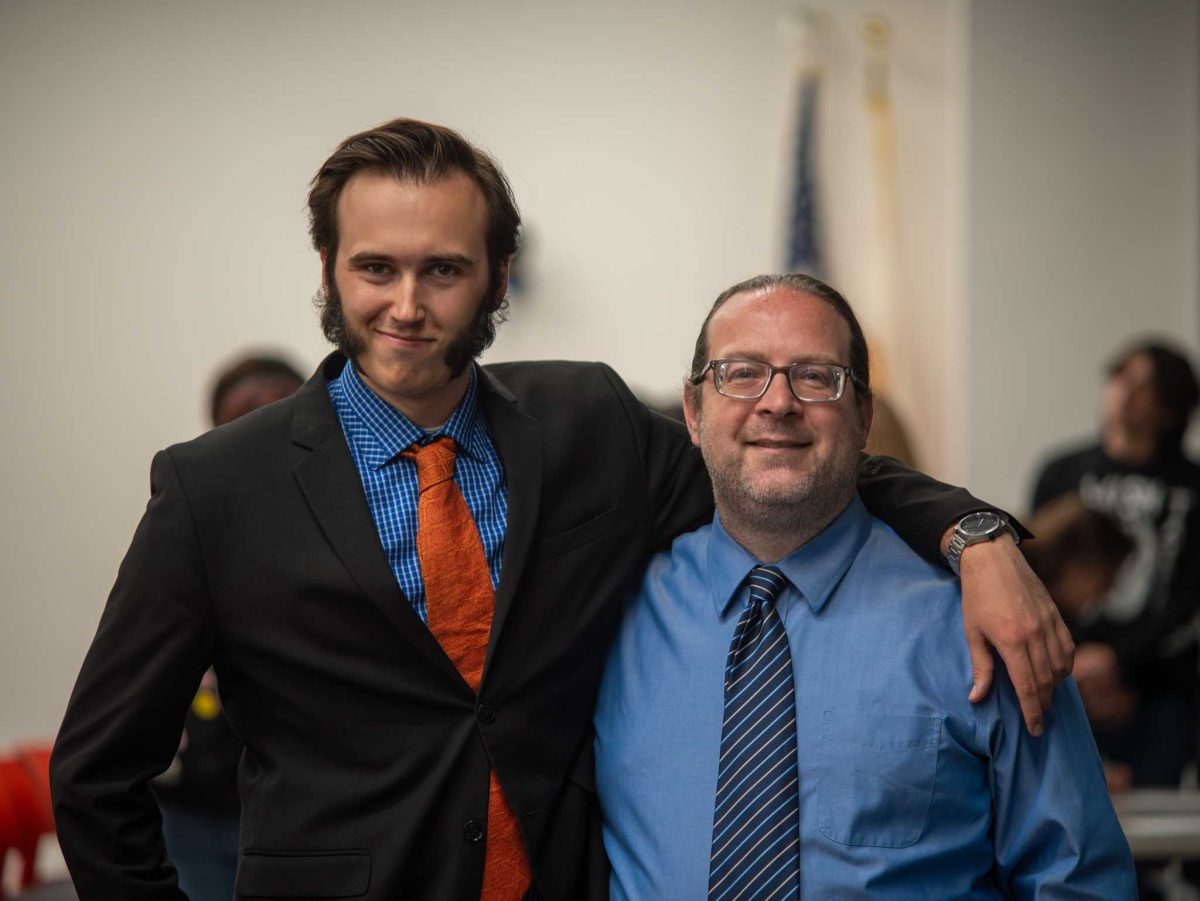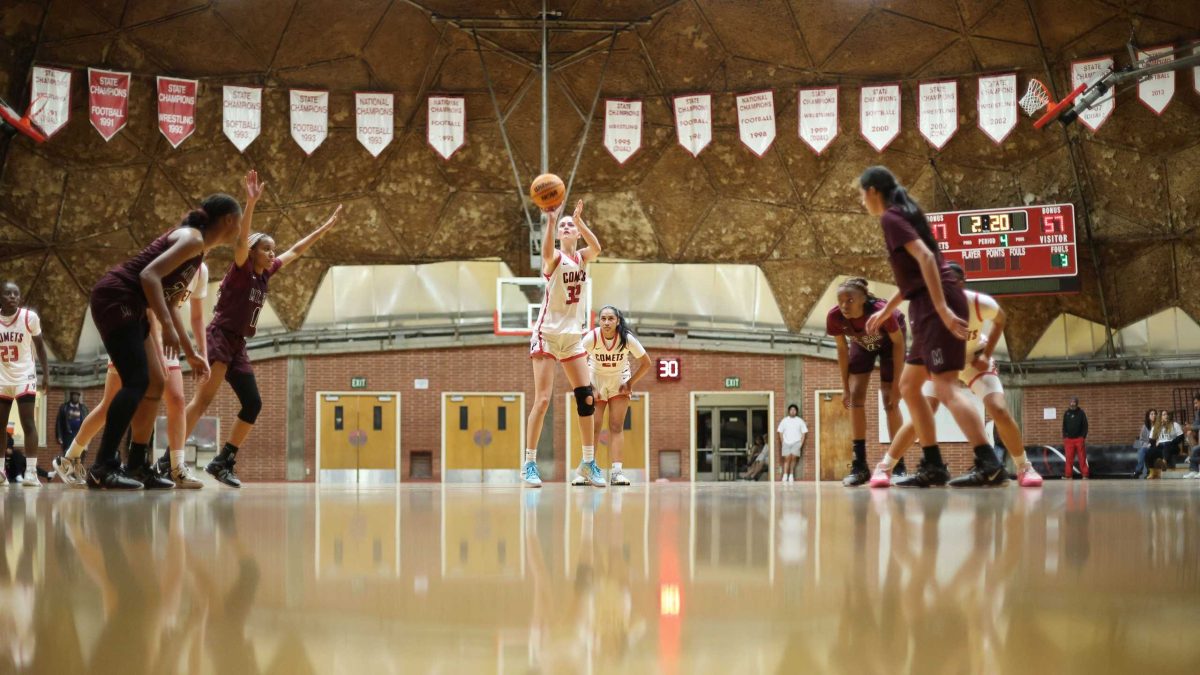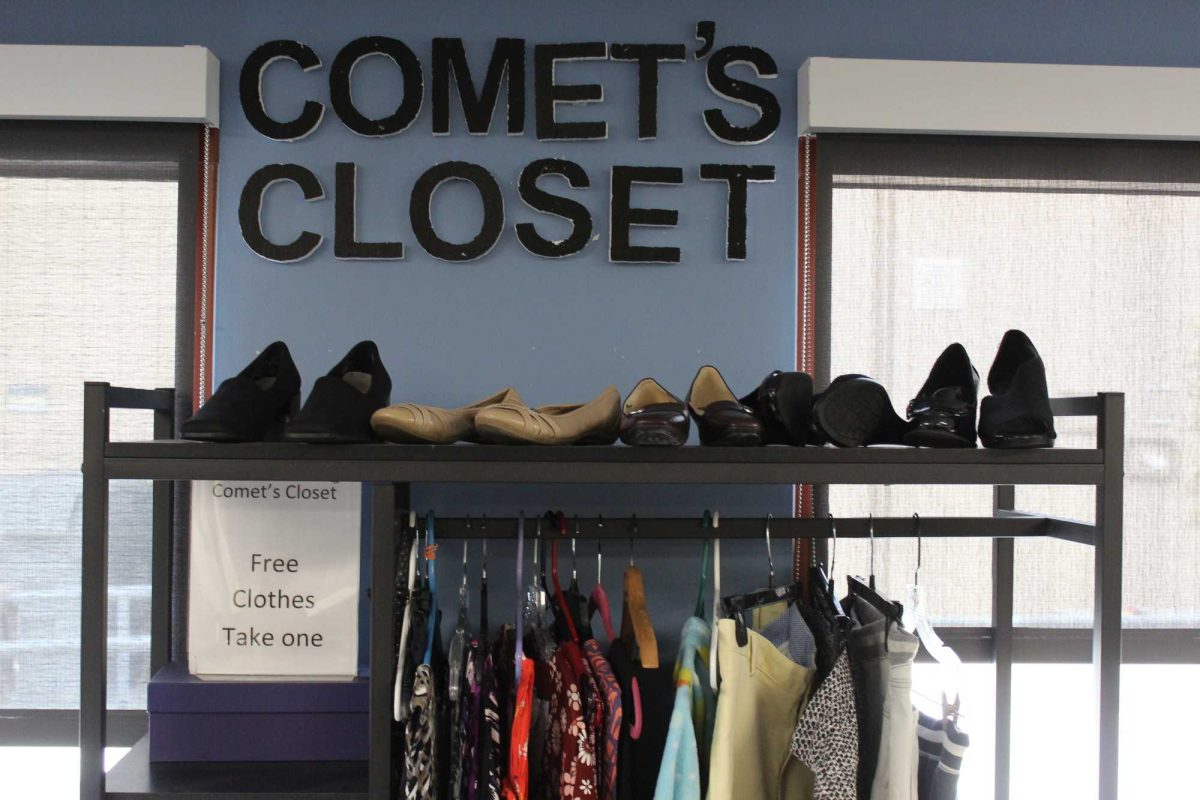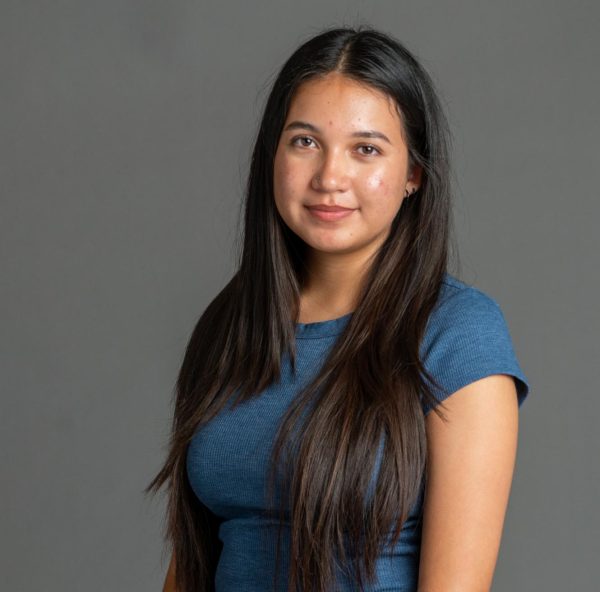SAN MARCOS — The Veterans Resource Center is a center for veteran students mostly run by both veterans and vet students. The VRC has always been an accessibility tool for veteran students however, who else knew that they were here on campus?
There are around 1,000 vet students attending Palomar. Around 25-30% of that population includes spouses and kids of veterans. The VRC is what aids the transition from being in a different environment other than what they experience in the military and armed forces.
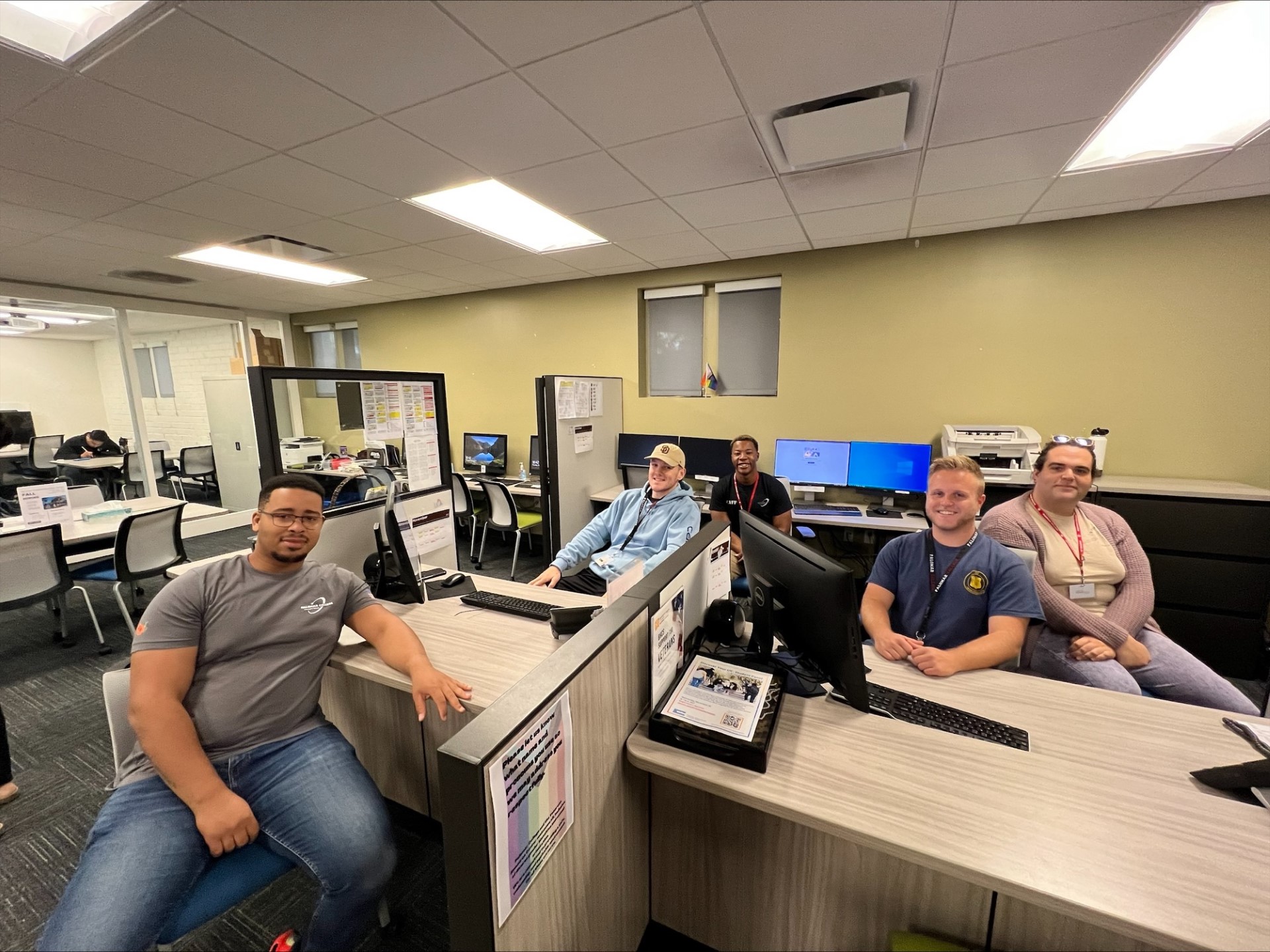
Stephanie Linnander, a certified official for the VRC and student worker supervisor, is an advocate for making the resource center known not only to vet students but to others around campus.
’ We’re their specialized center of campus,” Linnander said, “You get out into the civilian world and it all changes.” She explained her role is to bring vets into a new community so they can share their experience. “We have a non-traditional student group and we want to make it a place where they can find solace and safety,” she said.
Fabi Alejandre, who is also a student worker supervisor is not only a veteran but also shares the same passion of hoping to educate others.
The Disability Resource Center helps the VRC with the transition with veterans. Along with the DRC, Palomar’s administration also plays a role in helping the transition. With any major transition, setbacks can be expected.
“I think the barriers that we come across are more on the college as far as where we can’t help out students,” Alejandre said, “The DRC was not understanding our veteran students’ disability page.”
Fortunately, the DRC and VRC have bridged that gap. Veteran students carry much farther experiences than a typical student may carry. Having as many resources like they do now is necessary for the transition to run smoothly.
There are a variety of student groups and communities within the campus. There always seems to be a division between those communities that many identify with and the “normal” students you see walking around the campus. Why is that?
“I think it ultimately comes down to a lack of awareness and knowledge…Historically, the feelings towards veterans…there was not that positive, supportive approach towards veterans and we’ve seen that evolution over time.” Linnander said.
Veterans have a large sense of community when in the service. Leaving that community can be isolating especially when becoming a student where they both share the necessity of having a community.
Linnander said, “With any non-traditional student group, especially with our veterans, they will be older than the typical college student.”
Theodora Nelson, a veteran student and a student worker for the Veteran Resource Center, provided first-hand experience to what it is like to be a vet student.
“I think it means something different for everyone…I served in the army for five years and now I’m using VA benefits to go to school.” Nelson said.
Nelson has experienced that sense of community for five years. When leaving that community, what was that like?
“It’s a huge culture shock,” she said. “From everyone that you interact with on a daily basis is either in the military, family members, or friends of people in the military…and all of a sudden you’re in the civilian world where you feel like a stranger. No one that you’re around understands what you went through…It can be really lonely…” Nelson said.
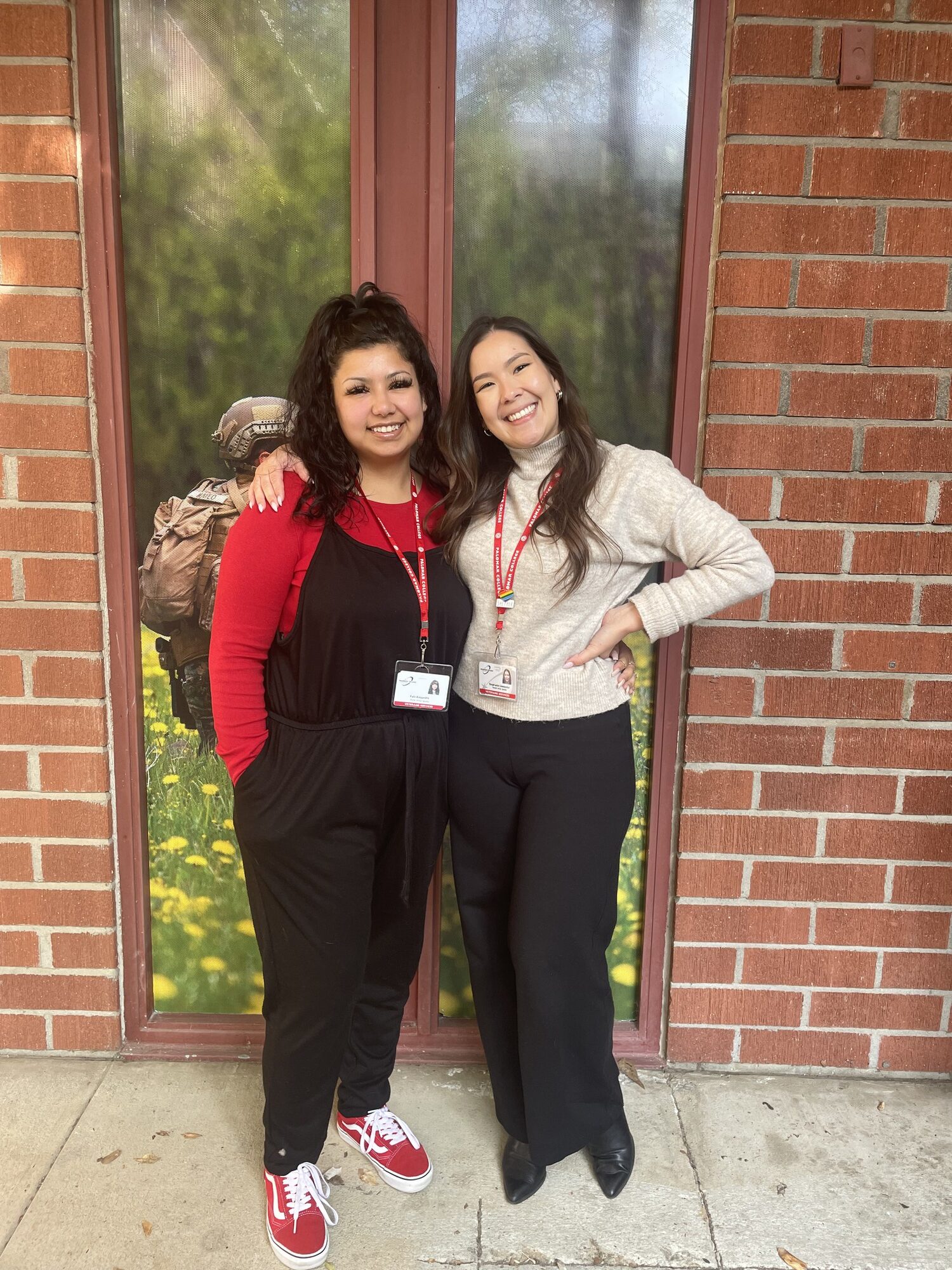
Every experience when joining the army is different. As she shared her story, Nelson explained that every experience when joining the military is different.
“I went to college for a year before I joined the army…I went to college because it was expected of me from my family. The second semester I started ROTC…and I still wasn’t enjoying college but I was enjoying ROTC…so at a certain point I was like ‘I’m miserable at college. I’m not getting the financial aid I need.’… I’m just going to go get paid doing what I love. So, I joined the army.” Nelson said.
Now, Nelson is a biology major and hopes to go to med school or become a physician assistant after she graduates. She had missed feelings about whether the skills that are taught in the army supplement in any way in the school environment.
“Yes and no. I wish that I stuck with college when I was younger. It’s a lot easier to do school if that’s what you’ve been doing for the last 15 years of your life. It’s a huge adjustment coming back. You learn a lot in the military about discipline, being in the right place at the right time…is definitely really helpful in school.” Nelson says.

